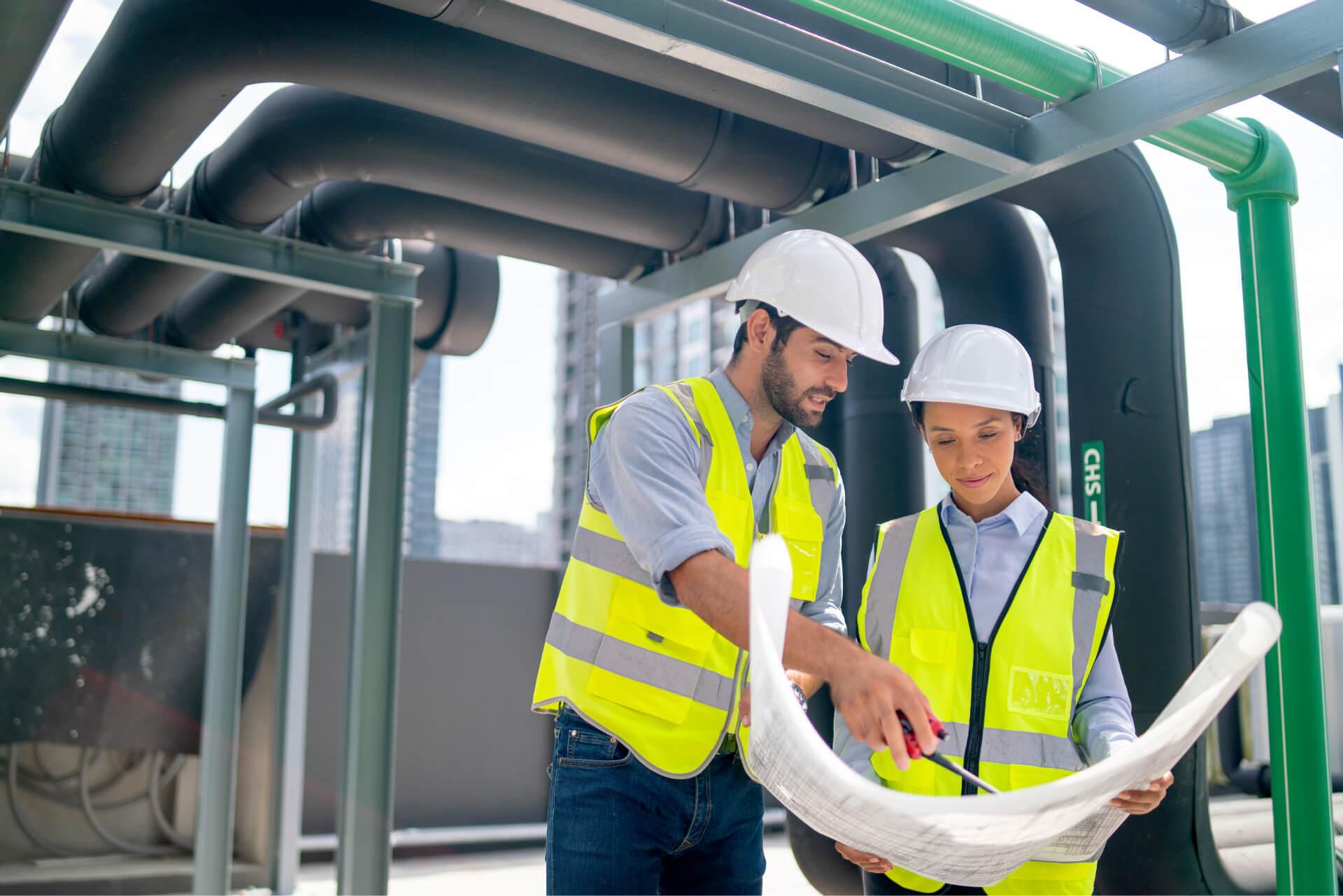The HVAC industry is very important for maintaining air quality and providing comfort within homes and establishments in the Philippines. An increasing demand for these services, driven by urbanization, increased construction activities, and heightened awareness on health and safety, puts the homeowner and business operator in a hot seat. Their greatest challenge is how to select the right HVAC contractor.
An informed choice can have a huge impact on the efficiency, lifespan, and overall performance of these systems. The following article details some of the key questions to ask any potential contractors to ensure that you make a sound decision.
Understanding the Current HVAC Landscape
Growing Demand for HVAC Services
The global market for HVAC is expected to reach USD 365.54 billion by 2032, at a CAGR of 6.80%. Similarly, the country has observed the same growth pattern in the sector due to the rapid urbanization and expansion of the construction sector that has increased the demand for these services. Hundreds of job postings are available as per Jobstreet and Indeed, which explains the growth in the industry. This growth requires skilled technicians and hiring qualified contractors who can meet the evolving needs of consumers.
The Importance of Indoor Air Quality
People have been made aware of the indoor air quality issues over the past few years, especially after the COVID-19 pandemic. Most individuals are now looking for contractors who can enhance the indoor air quality through high-end filtration systems and routine maintenance. This trend requires consumers to ask the potential contractors about their knowledge and experience with air quality solutions.
Energy Efficiency Trends
Since the cost of energy keeps climbing and environmental issues intensify, there is now greater pressure to have more efficient HVAC systems. Consequently, homeowners should ask the contractor if he is knowledgeable regarding energy-efficient technologies like smart thermostats and high-efficiency units. Customers are now seeking alternatives to save on energy expenses as well as reduce carbon footprints.
Key Questions to Ask Potential Contractors
When selecting a contractor, asking the right questions can help ensure you choose a qualified professional who meets your needs.
Licensing and Insurance
One of the key things that you should examine when finding a contractor to hire is whether they have a valid license and full insurance cover. A licensed contractor indicates that they pass the regulations and standards placed by industries, so that you would be sure whether they were qualified for a particular task.
Ask for evidence or proof of his licenseness, and ask the sort he carries, if their credentials are verified. As this process will place on safe ground due to liability that may be borne with accidents or damages resultant due to accidents during installation and other services.
Experience and Expertise
Experience matters when it comes to these installations and repairs. An experienced contractor has likely faced many issues and found effective solutions over time.
When evaluating a contractor, consider asking questions such as how long they have been in business, what types of HVAC systems they specialize in, and whether they can provide references from past clients. These inquiries will help you assess the contractor's relevant experience and expertise, ensuring they align with your specific needs, whether for residential or commercial work.
Knowledge of Local Regulations
The Philippines has building codes with regulations on the installation of HVAC. A competent builder would know what these requirements are so they can meet them.
Ask the contractor if he's aware of the local regulations related to HVAC building and how he ensures his construction adheres to them when he installs. You cannot do without knowing local requirements as it is an effective means of ensuring legality for the system but also optimal performance.
Energy Efficiency Solutions
The interest of people with regard to the environment makes energy efficiency as one of the main aspects in selecting a good heating, ventilation, and air conditioning system. In light of this fact, service providers must understand what can currently be used and developed towards energy-saving technologies.
This will be by asking the contractor what they would recommend as energy-efficient options and how these systems work to save energy. This will tell you if the contractor is up to date with current trends and can offer solutions that fit into your sustainability goals.
Evaluating Customer Service and Support
Customer service plays a crucial role in your overall satisfaction with any contractor. From initial consultations to post-installation support, effective communication can significantly impact your experience.
Communication Practices
A clear process of communication is important from the entire project. Communication between an effective contractor with you and your clients shows how this contractor will constantly keep in touch with one another by informing you concerning progress or timelines and potential issues in the project.
You ought to ask for how your contractor communicates update information related to the projects and at what time is he usually responding to their clients.
Warranty and Maintenance Services
Post-installation support is another critical consideration. A reliable contractor should provide warranties on equipment and labor, along with maintenance services to keep your system working well.
To ensure long-term satisfaction with your investment, it's essential to ask the contractor what warranties they offer on their work and whether they provide maintenance services after installation. These questions will clarify the level of support you can expect once your system is in place, helping you make an informed decision.
Key Takeaway
An effective HVAC contractor allows efficient heating and cooling of your home while allowing indoor air quality. Making an educated decision is possible by asking the potential contractors important questions, including questions about licensing, experience with local regulations, energy efficiency options, best communication practices, and post-installation support.



